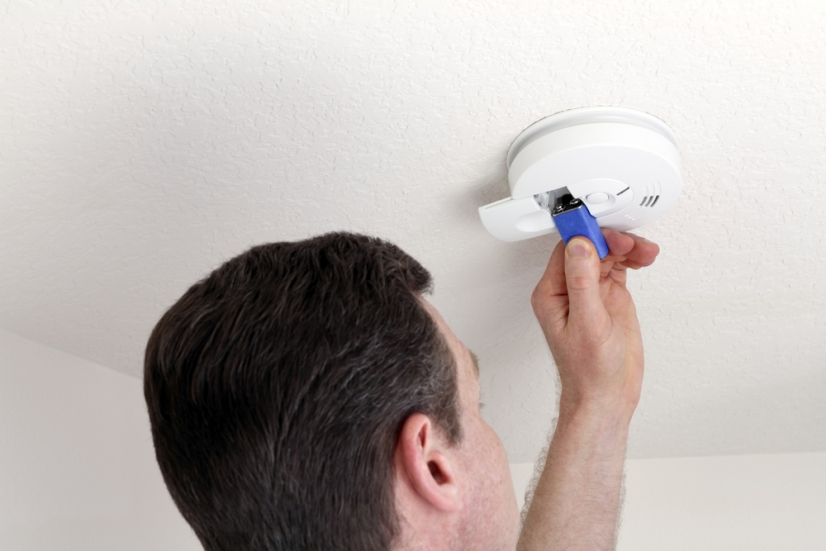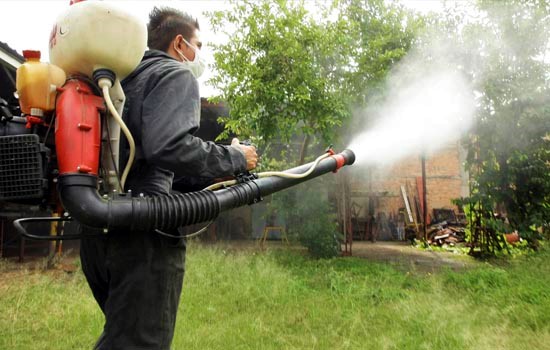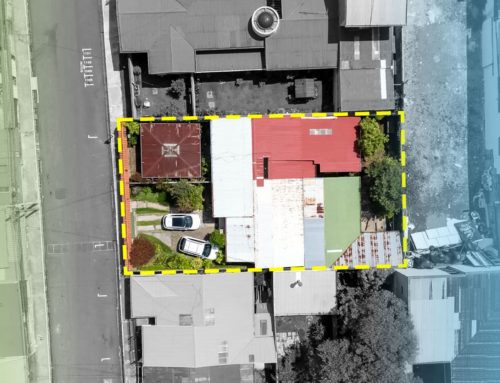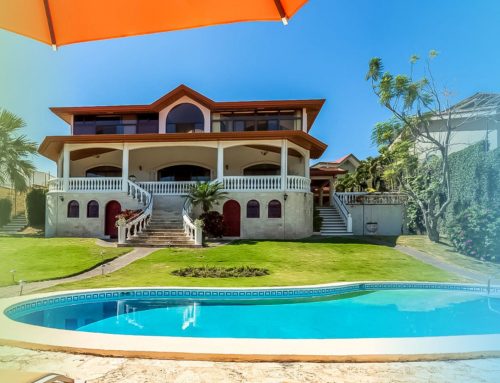When looking to rent or buy a property in Costa Rica there is often confusion about the benefits of renting vs. buying property. One of the key points in this consideration is: Who is in charge of the maintenance of a rented property in Costa Rica?
One of the advantages of renting instead of buying is that the maintenance of the property is mostly the responsibility of the owner and not the tenant. For example, if there is a leak in one part of the house, the tenant only has to call the landlord to pay for it and send someone to fix it.
The tenant is responsible for the preservation of the property, such as taking out the garbage, trimming the grass and keeping the place clean and tidy.
Most leases require that a property must be returned in the same condition as it was in at the beginning of the lease term. If any damage is discovered or cleaning is required to return it to a customary condition, the expenses may be deducted from the security deposit.
The maintenance and repair aspects of a property should always be discussed during the lease process, while the property is being negotiated, to help avoid conflicts during the lease. The contract will be the final word, however asking all the questions you may have, can build a better landlord-tenant relationship. A good real estate consultant can help you discuss these issues with the tenant.


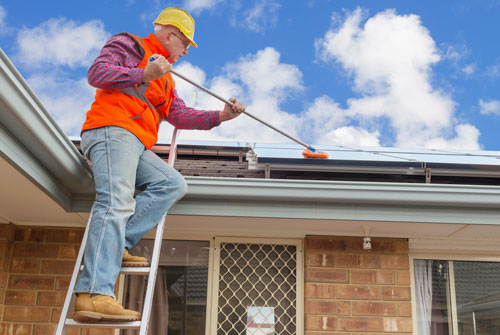
 Common damage that could be caused by a tenant and repaired with tenant funds includes broken windows, holes in the wall or damaged carpeting.
Common damage that could be caused by a tenant and repaired with tenant funds includes broken windows, holes in the wall or damaged carpeting.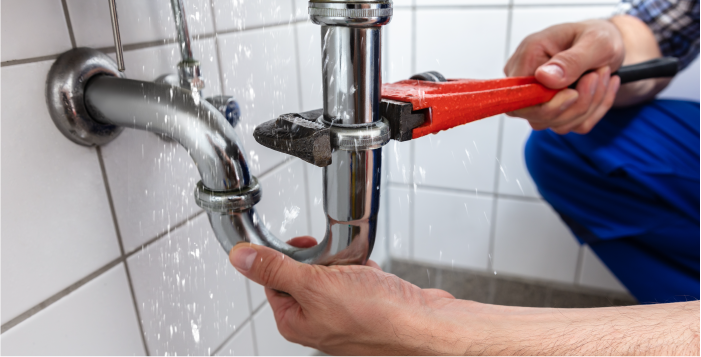 Tenant: responsible for using them properly and reporting any problems to prevent further damage. The residential lease may also assign responsibility for keeping pipes clean and replacing air filters as needed to the tenant. As an example of tenant vs. landlord residential maintenance.
Tenant: responsible for using them properly and reporting any problems to prevent further damage. The residential lease may also assign responsibility for keeping pipes clean and replacing air filters as needed to the tenant. As an example of tenant vs. landlord residential maintenance.